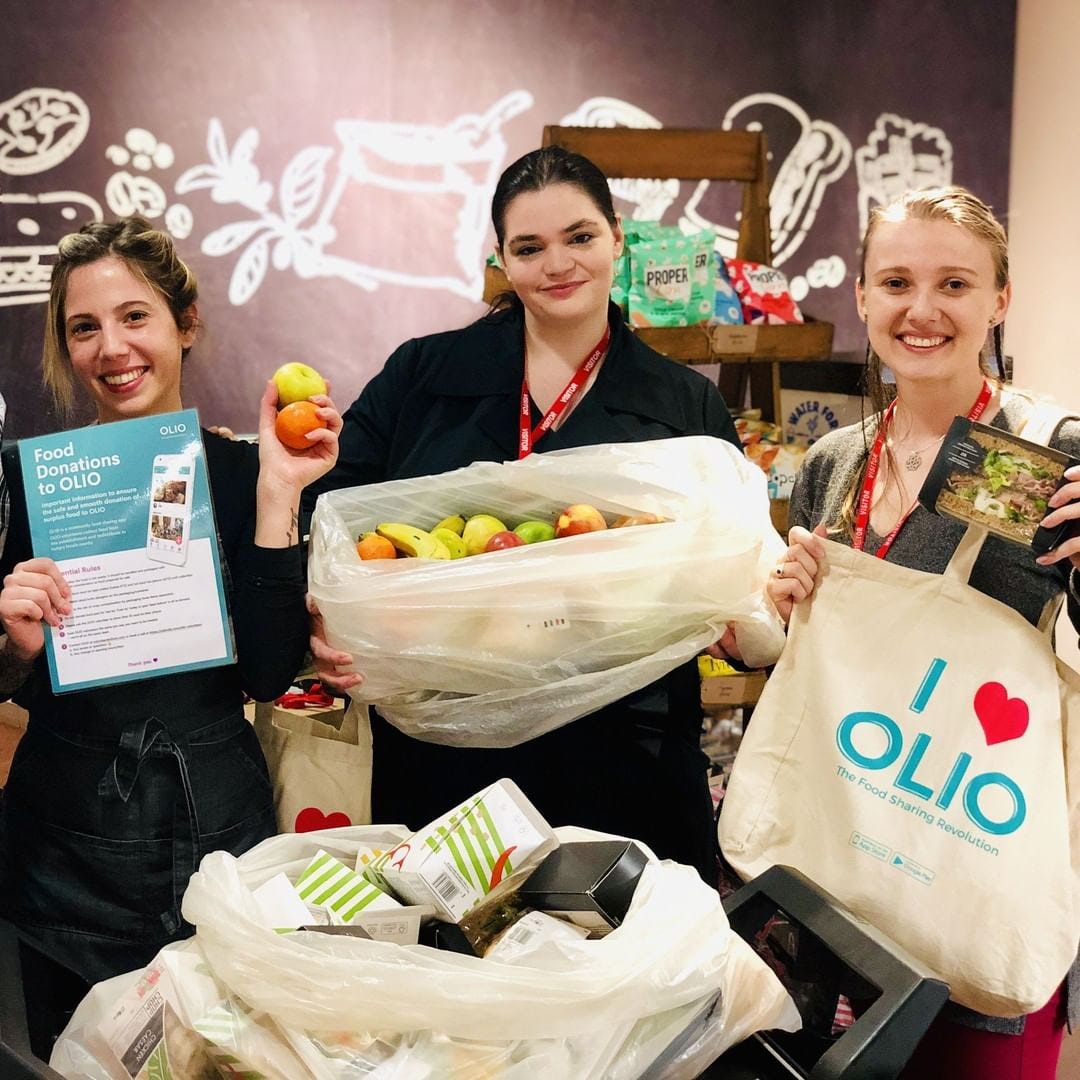Everyone agrees that we have a mental health problem. And when we say mental health problem, we broadly mean that more people are less happy. In Europe alone, 9 million adolescents have some form of anxiety or depression. According to Nature magazine in Japan, suicides rose by 16% during the second wave of the pandemic, from July to October 2020, compared with the rate in previous years. In the United States, 25% of people aged 18–24 surveyed in June 2020 reported increased substance use to cope with pandemic-related stress.
Whilst there is consensus that we have a problem, there is far less clarity on why the problem is growing, and how we solve it. How do we promote happiness? And what is the ephemeral, often intangible thing that we call happiness?
The pursuit of happiness is a fundamental desire of universal importance both today and throughout time, and this is precisely why it is cited as one of the self evident 3 unalienable rights in the US constitution: “We hold these truths to be self-evident, that all men are created equal, that they are endowed by their Creator with certain unalienable Rights, that among these are Life, Liberty and the pursuit of Happiness.”
And so why is it that despite the existential importance of happiness, there are increasing reports of depression across society? It is our view that the mental health pandemic that we face today is in part the function of an increasingly inward-facing, narcissistic society, and the rise of the ego (which is being made worse, not better, by technology). In our bid to find fast growing mental health tech solutions we need to ask ourselves, are we perpetuating or diminishing ego-centricity, as it remains unclear if mental health apps are actually making society less miserable.
Ego vs community
Albert Einstein said that “Only a life lived for others is a life worthwhile”, and Tolstoy wrote “the only certain happiness in life is to live for others”. Such comments shed light on the importance of communal relationship in determining happiness. Happiness is arguably best grounded in our ability to love and serve others, and our need and ability to be loved by others. The more we focus on our own happiness, and the more we seek it in our own material comforts, the more it escapes us. The more we focus on the happiness of others, the closer we come to contentment. Saint Augustine wrote in the 4th century that “it is impossible for any created good to constitute man’s happiness. For happiness is that perfect good which entirely satisfies one’s desire; otherwise it would not be the ultimate end, if something yet remained to be desired. Now the object of the will, i.e., of man’s desire, is what is universally good; just as the object of the intellect is what is universally true. Hence it is evident that nothing can satisfy man’s will, except what is universally good. This is to be found, not in any creature, but in God alone”. This is the ephemeral nature of happiness; in that it is achieved in love — in seeking happiness for others, and its achievement therefore likely requires an oblique approach — i.e. if I obsess with finding companies that will help fulfil my own happiness should I be surprised if I am left no happier?

Albert Einstein — “Only a life lived for others is a life worthwhile”
Impact vs Venture
MSM is an impact venture firm. And so whilst we seek to invest in ventures that will make our investors money, our first question is, is this good for society? It is in part due to this lens that whilst we have seen numerous direct mental health applications, we have not always been convinced by the durability of the solution — are we backing a burst of naval-gazing highs, or is this more substantial? That said, we are invested in a variety of ventures due to their ability to build community (actually, not so much for their mental health applications but because we like the power function of community networks, in any venture). This is our convenient, ‘oblique’ solution for mental health. Community fosters happiness, community builds mental health. Conversely, Ted Waldinger notes in his TED talk, that “Loneliness kills. It’s as powerful as smoking or alcoholism.”
Online to Offline — Making technology work for society
The cult of the ego is both causal and symptomatic in the decline of community, that has arisen from both globalisation and the wattsapification-zoomification-instagramisation of our social interactions. MSM has invested in technology that fosters local communities for mothers, sharing of local food, elderly care, period pains (menstrual discussion can be a helpful conduit towards intimate discussion). We get particularly excited about online community platforms whose core end-product culminates in offline engagement — we call this category ‘online-to-offline’. Using technology to get offline is a challenge to perhaps the most sought after success metric in venture — online engagement (number of hours, days, weeks that customers use a given technology service). FAMGA’s spends many billions of dollars to engage society in its virtual swamp, and its not a happy place. A study conducted between 2005 and 2017 published by the Journal of Abnormal Psychology not only found a 63% increase in the incidence of depression amongst young adults, but also notes a direct correlation with online engagement. There is significant evidence the in-person social contact is important for mental health.

Online engagement is a core success metric for venture success — but it is generally not a social good, due to its causal relationship with mental health disorders.
The loss of happiness and how community helps us rebuild
There is a long list of events associated with current mental health problems (e.g. abuse, trauma, loneliness, social isolation, financial stress, long-term stress, substance misuse, bereavement, discrimination, etc.). These are all of course micro drivers of misery, but all appear to be happening at scale and right now, which beggars the question why? The answer perhaps lies in some of the titanic societal shifts triggered following the Second World War, some good, some positively bad. These include (but are by no means exhaustive): 1) Globalisation (citizens becoming disconnected from local community and its ability to ‘know’ its own and naturally micro manage those on the margins of society — consider a village, where everyone knows everyone, it is much harder to totally neglect a village constituent if you know that person, unlike the dispossessed on the streets of London); 2) Secularisation (implying the loss of inherited moral and identity anchors, creating confusion, ambiguity and removing objective truth from easy grasp — the question is no longer ‘am I a good Christian, Muslim or Jew?’, but rather, not just ‘who am I’ but ‘what am I?’) and; 3) Fiat money creating unimaginable sums of debt fuelling consumption as a means to fill our identity void (100 years ago, much of global society was theistic, today, it is much better described as consumeristic, whereby our position in society is defined by our means and possessions not our deeds or beliefs). Conscious of the risks of generalising, we cant help but think that part of the solution lies in attenuating these shifts, such as by encouraging local community especially engaged in virtuous work — saving food waste, helping the elderly, building schools.
This sense of community can absolutely be aided by mental health efforts, via the likes of group therapy or peer support networks — but most likely the greatest positive shifts will come from technology enabling age-old communal human interaction. Whether that’s through sports, music, food sharing (consider the food sharing company OLIO), elderly caregiving (such as elderly care company Careship), online-offline social networks (e.g. mum’s network, Mush). Social distancing has been a challenge to community, but it has also awakened acute awareness of the pitfalls of online engagement, and a dearth of human interaction.

We have previously mapped mental health ventures into various categories, and it is not particularly surprising that we are naturally drawn towards those that require low online interaction and maximum community contact.
At MSM we can certainly see how sparingly used online mental health technology can remedy poor mental health. But we are inclined to believe that the greatest potential in our pursuit for happiness lies in the exponential benefits of offline community networks.
